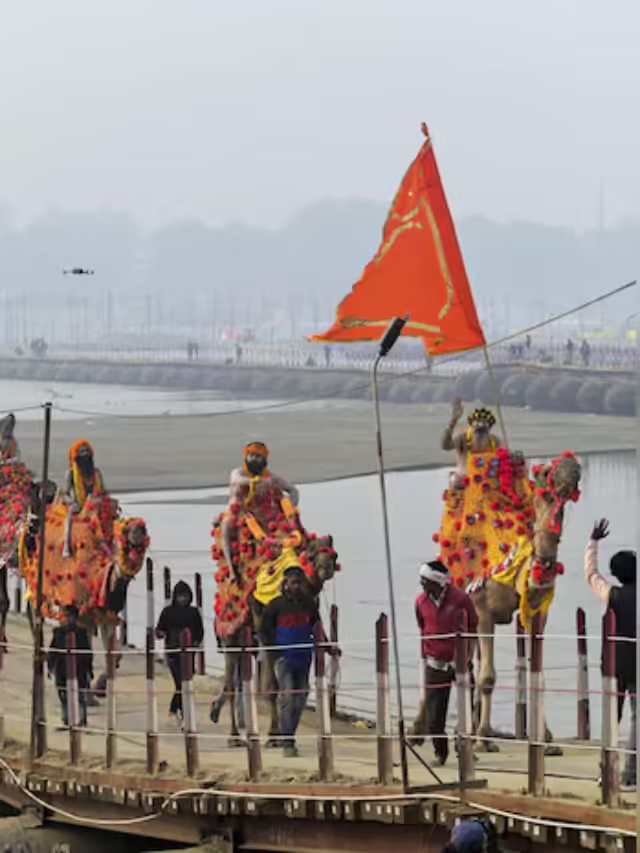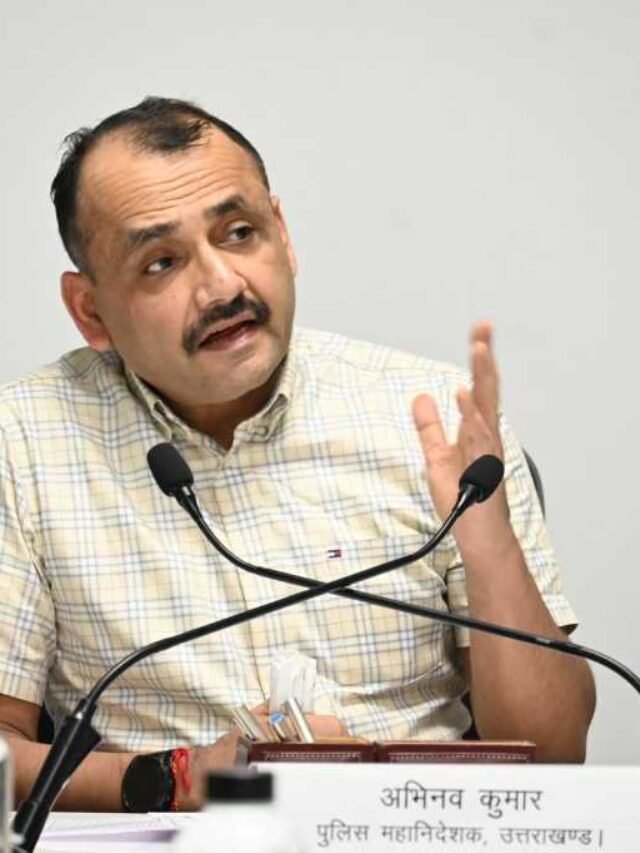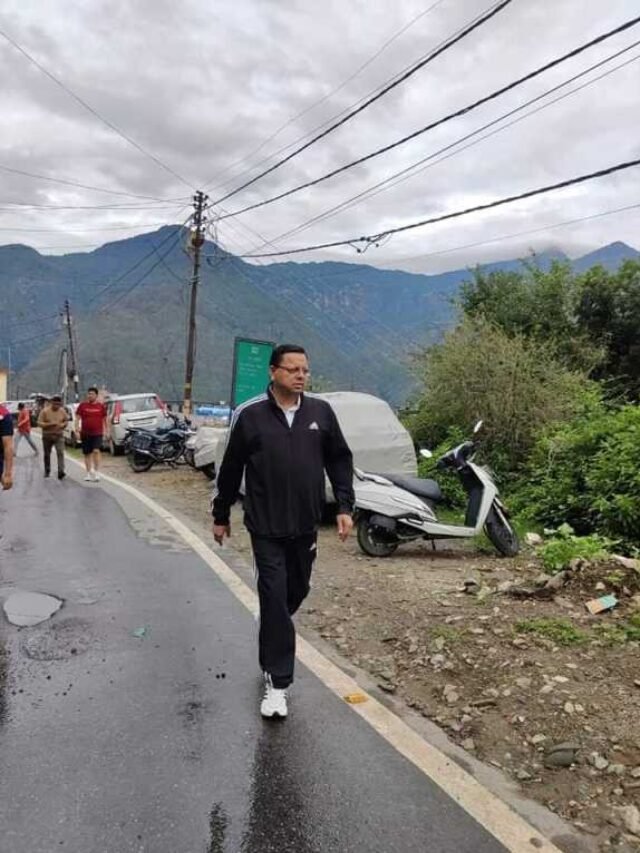The inauguration of the National Youth Conference(NYC) on Indian Knowledge System (NYCIKS) was a significant event hosted by IIT Roorkee as a crucial aspect of the G20-University Connect initiative.
Taking place on August 25, 2023, the MAC Auditorium at the Indian Institute of Technology Roorkee witnessed the commencement of the National Youth Conference on Indian Knowledge Systems (NYCIKS). This event was an integral part of the G20 University Connect program, themed ‘Celebrating the Indic Wisdom.’ The collaboration for this conference brought together the IKS division of the Ministry of Education (MoE), Central Sanskrit University in New Delhi, University of Patanjali, CCRYN under the Ministry of Ayush, and the IIT Roorkee Alumni Association.
- Advertisement -
Central Theme The inaugural assembly of the National Youth Conference on Indian Knowledge System (IKS) held at IIT Roorkee highlighted the paramount importance of generating credible educational resources centered around IKS. The core focus of the opening session during the three-day conference was to underline the contemporary urgency of developing authentic study materials directly relevant to the Indian Knowledge System (IKS).
During his address at the inauguration, Chief Guest Dr. Nirmaljeet Singh Kalsi, Chairperson of NCVET under the Ministry of Skill Development and Entrepreneurship, Government of India, provided an in-depth overview of the Indian Knowledge System. Dr. Kalsi emphasized the presence of 64 skills (kalas) within the IKS, deeply influencing various aspects of human life. He also noted that the Government of India has introduced certification programs for several of these skills.
Professor Srinivas Varkhedi, Vice Chancellor of Central Sanskrit University in New Delhi, the Guest of Honour at the inauguration, emphasized the imperative of viewing IKS as instrumental in shaping India’s future. He stressed that IKS should not be merely studied as content, but rather as a pathway for novel paradigms of learning. Professor Varkhedi underscored the notion that IKS should not be perceived as archaic knowledge; instead, it should be explored with a forward-thinking perspective.
Another esteemed Guest of Honour, Professor Ganti Muthy, National Coordinator of the IKS Division at AICTE in New Delhi, emphasized the urgent need for pioneering research in this field.
- Advertisement -
Presiding over the inaugural function was Professor KK Pant, Director of IIT Roorkee, who highlighted the significance of the ‘Kulgeet’ of IIT Roorkee—a repository of ancient knowledge in the domains of science and technology.
The inaugural session also witnessed the unveiling of three books by the esteemed guests. These included a book authored by IIT Roorkee alumni Sh Satya Narain and Sh Navin Chandra, titled ‘Archaeometallurgy of India from Rigveda to VālmÄëki Rāmāyaṇa,’ another book named ‘Subhashitsanskritam,’ and a third publication titled ‘MahavirkirtiSaurabham’ authored by Mahakavi Dr. Manoharlal Arya.
A pivotal moment during the opening session was the keynote address delivered by Professor Michel Danino from IIT Gandhinagar. He presented insightful perspectives, advocating for an education system that revolves around students and educators, rather than solely relying on textbooks. Professor Danino emphasized the importance of adopting a distinct pedagogical approach to grasp IKS—one that is engaging, stimulating, and interactive. This, he believed, would aid in retaining knowledge throughout one’s lifetime.
The inauguration session was graced by the presence of Professor U P Singh, Deputy Director of IIT Roorkee. Professor Anil Gourishetty, the Organizing Secretary of the conference, extended a warm welcome to all participants, including approximately 400 delegates from various parts of the country. The concluding remarks were delivered by Prof Avlokita Agrawal, who expressed gratitude.
In essence, the inaugural session of the National Youth Conference on IKS at IIT Roorkee underscored the pivotal role of IKS in shaping India’s future. It accentuated the need for pioneering research, engaging pedagogy, and a comprehensive understanding of this traditional knowledge system. Moreover, the session highlighted the importance of developing authentic study materials to further explore and promote the realms of IKS.”










